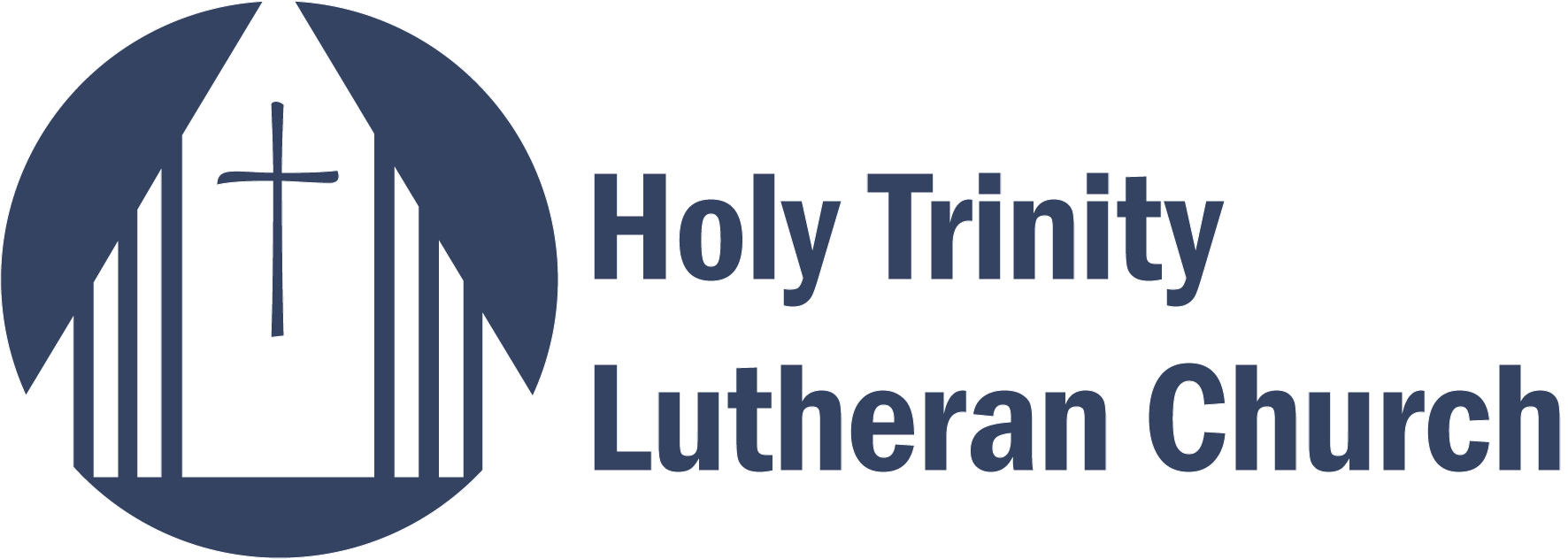Be Opened

For much of my adult life, my vocation – that is, the work that God has called me and gifted me to do in the world – has centered around serving people with disabilities.
I have worked with and supported people who have a variety disabilities – intellectual or physical or emotional or whatever – in a variety of places and settings – in state institutions; residential education centers; group homes; vocational and therapeutic facilities.
When I began to discern the call to become a Deacon in the ELCA – another kind of vocation – I discovered that God was calling me to combine my strong faith in Jesus with my broad disability experience.
God was calling me to proclaim the gospel, the good news of Jesus Christ, for all people; to encourage the church to be open and to welcome disabled people into God’s assembly; to receive with gratitude the gifts and experiences and longings that disabled people of faith bring to the community of faith.
So for 10 years I organized and led inclusive worship services, where people with and without disabilities gathered to worship God and celebrate life together. The services were open for everyone and anyone who was there was able to participate as fully as they wanted – by reading the scripture lesson or leading the prayers or lighting the candles; or singing loudly; or whatever.
It was a joy to gather with people who loved to worship – who were open to the presence of the Holy Spirit moving in and through the worship space; who were open to their own limitations yet were even more open to knowing that they were beloved by God, in the fullness of their own being. They were open to moving freely in worship; open to be themselves; open to share their faith and joy.
I have been truly blessed to know and be in relationship with so many wonderful people – disabled people – who have so much to give to the church and to the world.
That’s why I get a little nervous whenever our gospel reading for the day includes a story of Jesus healing someone who has an infirmity (that is, a weakness; a limitation). It is common for healing stories to be interpreted to mean the person who has the infirmity is an incomplete human being; that they are not good enough as they are; that they need to be fixed so they can function like other people.
There’s a term for that kind of thinking – it’s ableism. Ableism is the assumption that abilities and behaviors that are typical for most people are the standard against which all people should be judged.
It’s the belief that people without disabilities are superior, “normal”, better than people with disabilities.
Ableism is an act of favoritism, similar to what we hear in the reading from James; a way of noticing differences and making distinctions among ourselves; of becoming judges with evil thoughts. It is a way of dishonoring people who have been made in the image of God.
Ableism prevents us from being open to seeing and knowing another person in the full expression of their true God-given being.
One of the things I find most interesting about this morning’s gospel story of Jesus healing the deaf man is that the man was brought to Jesus by other people. Did you notice that? It’s says “They brought to him a deaf man” and “they begged him to lay his hands on him”. I always wonder – Who was the “they”? And – did the deaf man want to be cured? Or was the man content with the life he had been given and someone else decided he needs to be cured? [Sometimes people without disabilities think they know what’s best for people with disabilities – again, that’s ableism; that’s judgement and discrimination.]
Nevertheless, Jesus takes the man aside, puts his fingers in his ears and spat and touches his tongue. Then he looks to heaven, sighs – prays? – and says “Ephphatha” – “Be opened”. Immediately, “his ears were opened, his tongue was released, and he spoke plainly”. His life is changed.
Be opened, Jesus said – to the man standing right before him.
Be opened, Jesus said – to the “they” who brought the man to Jesus.
Be opened, Jesus said – to those of us standing right before Jesus, here, this morning.
Interestingly, Jesus, in his humanness, needed a little help in learning how to be opened. When the Syrophoenician woman comes to him and bows down before him and begs him to heal her daughter, Jesus’ response is less than kind.
It seems he does not want to be bothered by this person right before him – this person who is so different from him – in gender, ethnicity, religion; he is not open to seeing her in the fullness of her being.
Yet, the woman persists. She is not afraid to be opened – to speak out and take a risk; to seek healing and wholeness for her daughter; to claim her own place at the table.
Jesus hears her words – and his heart is opened; his mind is opened; he allows himself to be changed.
He heals the daughter. Her life is changed.
The good news for today is that Jesus offers all of us – regardless of our abilities or our limitations – the possibility of healing – of wholeness; to be made well; to be at peace with God and each other.
The good news for today is that Jesus offers all of us the possibility of living together in unity and love, despite our differences.
Be opened to the healing touch of Jesus Christ, received in bread and wine; water and Word.
Open your mind to new ways of thinking.
Open your eyes to see the person standing in front of you in all their fullness and uniqueness
Open your ears to listen to each other; to really hear what is being said without judgement.
Open your mouth to speak the truth in love; to build each other up; to encourage one another.
Open your heart to love others like Jesus loves you.
Open your hands to serve people on the margins; people who are broken and hurt.
Open your whole being, in all its fullness, to receive the word of God; allow your self to be changed.

